Good morning Hivers and welcome back to my Blog,
I’m still studying the Mediterranean vegetation. Today I’d like to share with you some reflections on the millenary relationship between vegetation and human activities.
In case you missed them, I have already talked about the Mediterranean scrub in the following posts on Hive:
Buongiorno Hivers e bentornati sul mio Blog,
Continuano i miei studi relativi alla vegetazione del Mediterraneo. Oggi voglio condividere con voi alcune riflessioni in merito al millenario rapporto tra la vegetazione e le attività umane.
Qualora ve li foste persi, ho già parlato su Hive della macchia mediterranea nei seguenti post:
- The sad fate of the Mediterranean Scrub (part I) - Il triste destino della Macchia Mediterranea (parte I)
- The sad fate of the Mediterranean Scrub (part II) - Il triste destino della Macchia Mediterranea (parte II)
- The sad fate of the Mediterranean Scrub (part III) - Il triste destino della Macchia Mediterranea (parte III)
- Plant survival strategies after fires (part I) - Le strategie di sopravvivenza delle piante dopo gli incendi (parte I)
- Plant survival strategies after fires (part II) - Le strategie di sopravvivenza delle piante dopo gli incendi (parte II)
I discovered that, over the centuries, the species that are part of the Mediterranean scrub have established a deep bond with man due to their exploitation as a resource. In fact, this type of vegetation has always presented itself as:
- quantitatively abundant due to the favorable climate;
- qualitatively rich due to the high biodiversity.
Ho scoperto che, nel corso dei secoli, le specie facenti parti della macchia mediterranea hanno stabilito un profondo legame con l’uomo per via del loro sfruttamento come risorsa. Infatti, questo tipo di vegetazione si è sempre presentata come:
- quantitativamente abbondante a causa del clima favorevole;
- qualitativamente ricca per l’elevata biodiversità.

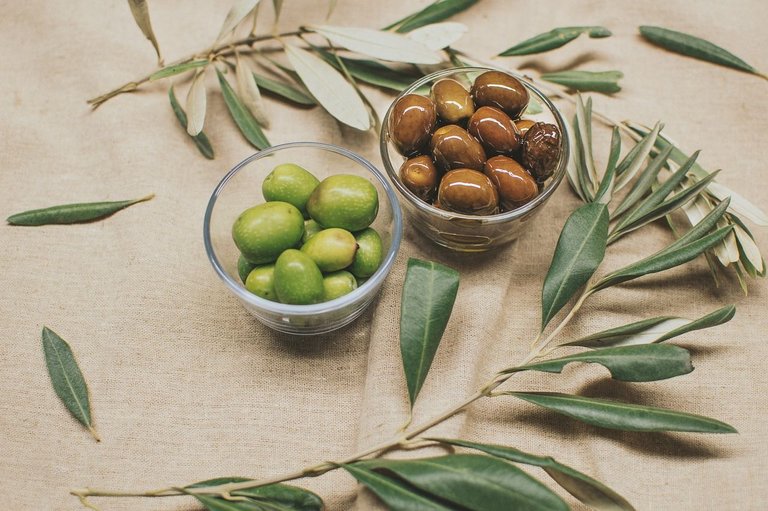
Foto di Vagelis Dimas da Pixabay
The long history that has characterized the civilizations of the Mediterranean (we are talking especially from ancient Greece), has meant that, in an agricultural economy mostly linked to the raw materials present in the surrounding area, a series of practical knowledge, techniques and customs were developed with the aim of optimizing the exploitation of locally available resources.
With a few exceptions, shrubby plants have never played a significant role in meeting basic needs such as building homes and producing clothes and high-calorie foods.
For this purpose, mainly arboreal plants such as holm oak and cypress (sources of building materials and often fuel) or cultivated herbaceous species (cereals, legumes and flax) were exploited; horticultural crops and woody plants with fruits rich in starch and fats that grew in inland areas (chestnut, walnut and hazelnut) supplemented food sources.
La lunga storia che ha caratterizzato le civiltà del Mediterraneo (parliamo soprattutto dall'antica Grecia), ha fatto sì che, in un’economia agricola legata in massima parte alle materie prime presenti nel territorio circostante, si sviluppassero una serie di conoscenze pratiche, tecniche e usanze con lo scopo di ottimizzare lo sfruttamento delle risorse localmente disponibili.
Tranne alcune eccezioni, le piante arbustive non hanno mai avuto un ruolo rilevante nel soddisfare le esigenze fondamentali come la costruzione delle abitazioni e la produzione di vestiti e di alimenti ad elevato contenuto calorico.
A questo scopo erano sfruttate soprattutto piante arboree quali il leccio e il cipresso (fonti di materiale da costruzione e spesso di combustibile) o le specie erbacee coltivate (cereali, leguminose e lino); integravano le fonti alimentari le colture orticole e le piante legnose con frutti ricchi di amido e grassi che crescevano nelle zone interne (castagno, noce e nocciolo).

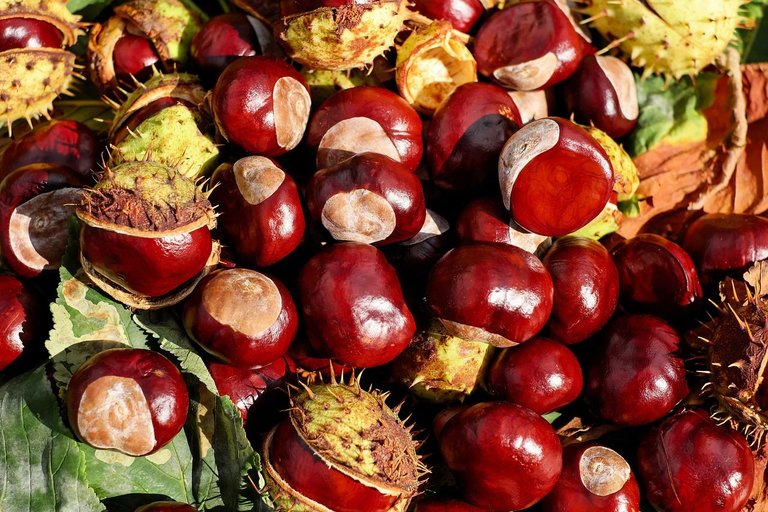
Foto di Couleur da Pixabay
The role of shrubby plants in the life of Mediterranean populations was instead fundamental for other equally important purposes such as:
- the treatment of diseases;
- the health of farmed animals;
- the production of firewood for domestic use;
- the flavouring of foods with different aromas;
- the production of tools, cosmetic products, drinks, oils for lighting, coloured fabrics, detergents; …
The knowledge of the possibility of exploitation and use of shrubby plants of the Mediterranean scrub became already in Roman times a global heritage of the populations of the entire Mediterranean Basin, where these plants grew spontaneously in the coastal areas, the most densely populated.
It is the combination of the high plant biodiversity of the Mediterranean and the existence of a millenary civilization that has led to the level of richness of traditions and uses currently present!
Il ruolo delle piante arbustive nella vita delle popolazioni mediterranee è stato invece fondamentale per altri scopi altrettanto importanti quali:
- la cura delle malattie;
- la salute degli animali allevati;
- la produzione di legna da ardere per gli usi domestici;
- l’insaporimento dei cibi con differenti aromi;
- l’ottenimento di utensili, di prodotti cosmetici, di bevande, di oli per l'illuminazione, di stoffe colorate, di detergenti; …
Le conoscenze sulla possibilità di sfruttamento ed impiego delle piante arbustive della macchia diventarono già all'epoca dei Romani patrimonio globale delle popolazioni dell'intero Bacino Mediterraneo, in cui tali piante crescevano spontanee nelle zone costiere, le più densamente popolate.
È la combinazione tra la elevata biodiversità vegetale del Mediterraneo e l'esistenza di una civilizzazione millenaria che ha portato al livello di ricchezza di tradizioni ed usi attualmente presente!

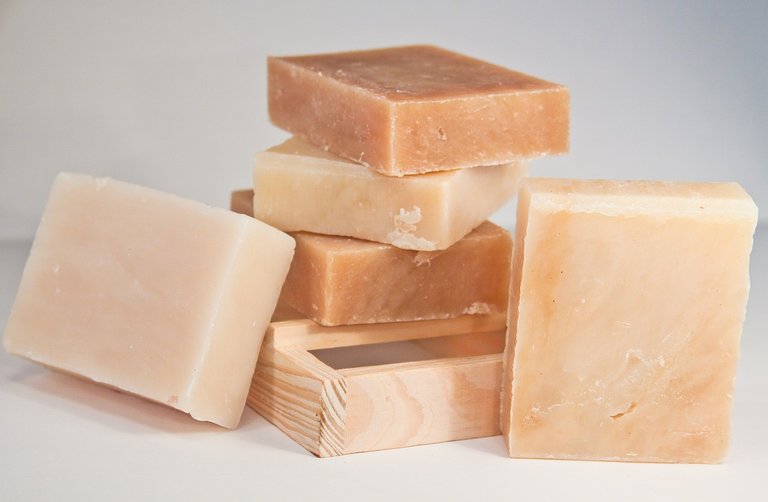
Foto di theresaharris10 da Pixabay
In the next post we will talk specifically about which plants have been fundamental in the development of human civilization. Thanks for following me!
See you next time,
Delilha
Nel prossimo post parleremo nello specifico di quali piante sono state fondamentali nello sviluppo della civiltà umana. Grazie per avermi seguito!
Alla prossima,
Delilha

Sources - Fonti:
https://pubmed.ncbi.nlm.nih.gov/
https://www.simegarden.com/blogs/notizie/piante-antiche-di-roma-un-viaggio-nella-storia-botanica-della-citta
https://www.gardenia.net/
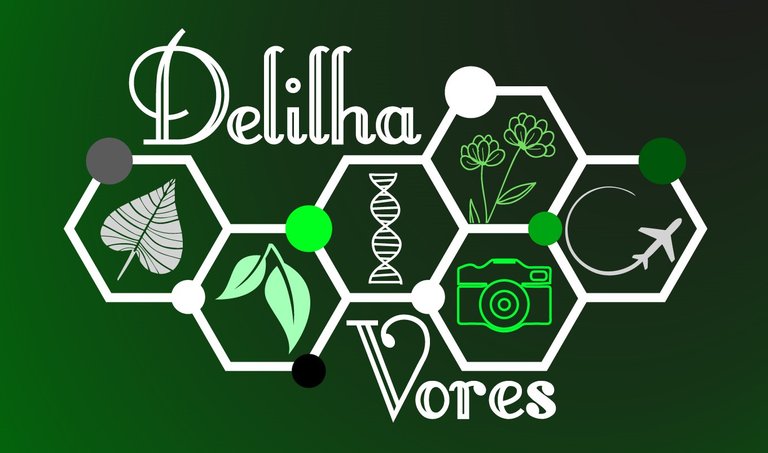



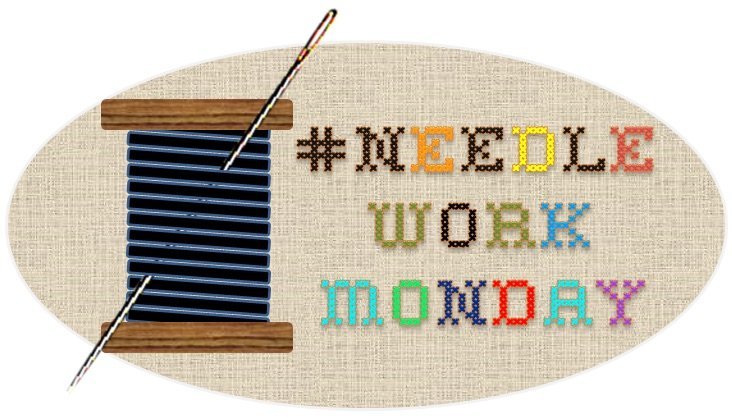

Thank you very much for the support 💚
Interesting post! They really say that farming began with women, that is, they were the ones who "invented" it, since primitive man used to only hunt and go to war, you contributed something unique while we invented war hahaha! And thanks to that, without a doubt, human beings managed to advance in many aspects, first because they did not have to be nomadic.
Yes it's true! It's a very fascinating story 😊 even the use of medicinal plants for health remedies can be credited to ancient female activities. Thanks for your comment and support ❤️
!CURATE BY
@biologistbrito
Olives....I love fresh olives, but most of the olives in the groceries around here aren't fresh. However, I can find in a local store good olives from Sicily and they are different the taste.
I agree with you! It is a product that is negatively affected by transport, it should be consumed exactly where it is harvested 😊
If I'm not mistaken, it was the Romans who exploited this resource more than any other civilization, at least in Portugal.
Yes I agree with you, the Romans were able to understand the benefits of plants and transmitted them to numerous populations of the Mediterranean area 😊 Thanks a lot for your support 💛
!discovery 30
Grazie per il supporto 😊
Congratulations @delilhavores! You have completed the following achievement on the Hive blockchain And have been rewarded with New badge(s)
Your next target is to reach 82000 upvotes.
You can view your badges on your board and compare yourself to others in the Ranking
If you no longer want to receive notifications, reply to this comment with the word
STOPCheck out our last posts:
Let's do it! :)
Looking forward to you reaching your new target 😅